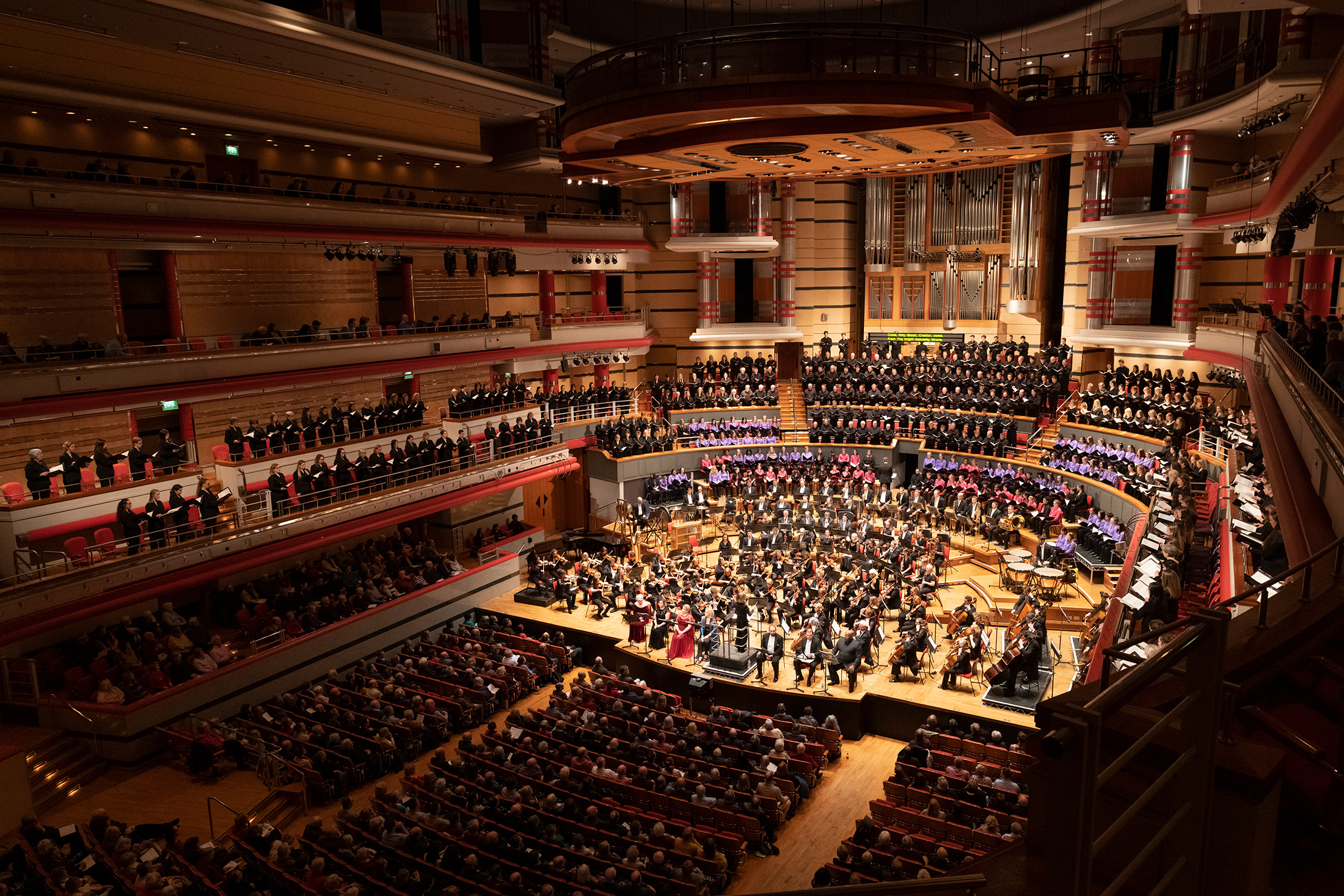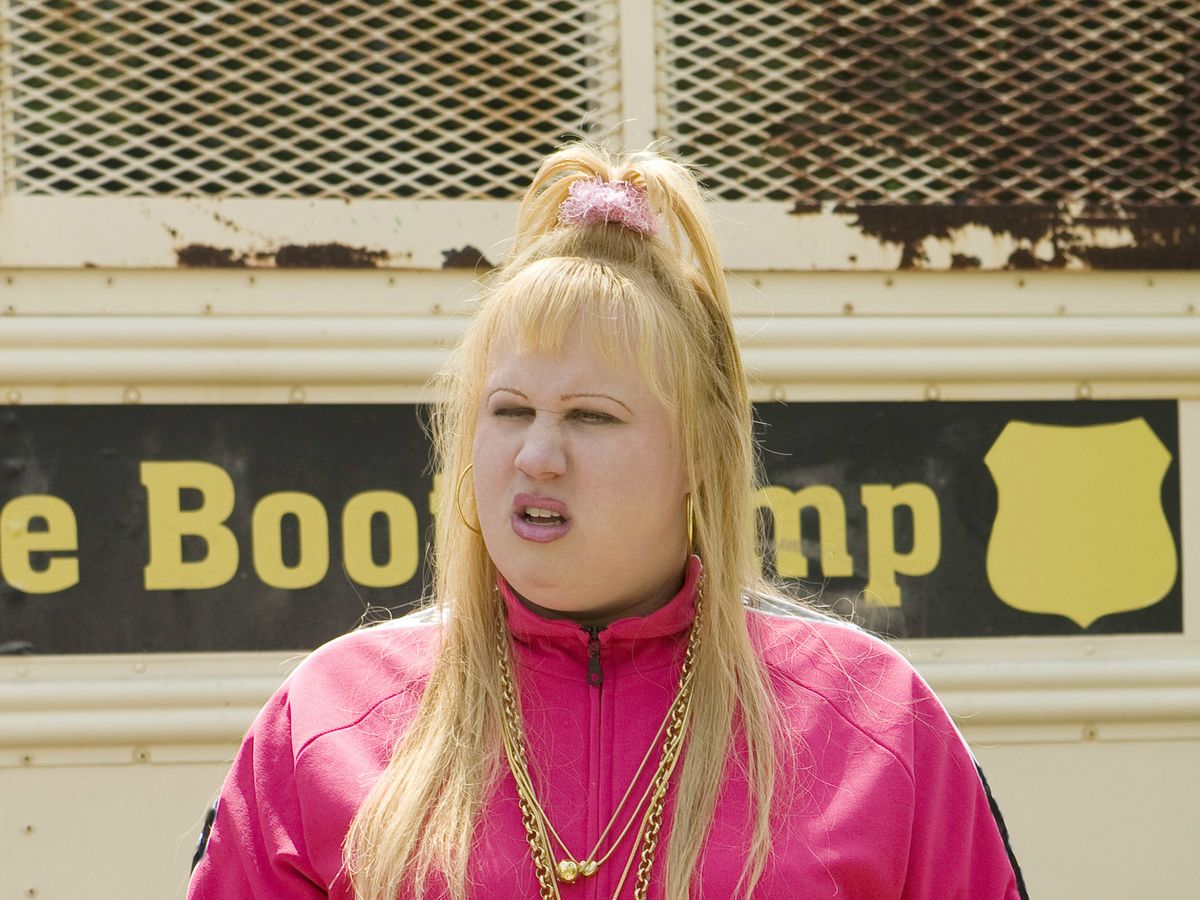A majestic sound in an acoustic that left absolutely no prisoners in a concert that sought to illustrate re-asserted cultural ties between Russia and the UK.
Down the road Members of Parliament participated in the most toxic of exchanges seen in the House of Commons in living memory.
The Britten-Shostakovich Festival Orchestra completed their inaugural tour of Russia and the UK with a concert of music by Britten, Vaughan Williams, Rachmaninov and Shostakovich. I wasn’t able to stay for the entire concert, managing instead to hear all but the concluding Hamlet suite by Shostakovich.
What I heard mostly hit the mark. Playing throughout amongst the strings was fierce – responsive dynamics, impressive attack and, at times, a sumptuous rich sound when the score demanded. Although it sometimes felt like there were too many strings for the venue’s acoustic, it was lovely to hear such a rich cello and bass section resonate on the Cadogan Hall platform. Woodwind packed a punch, sometimes felt a little under-powered in comparison (I’m assuming as a result of an imbalance between the sections in places). Some ruffled brass entries during the Britten and Rachmaninov did slightly detract attention.
Vaughan Williams’ Fantasia on a Theme of Thomas Tallis
Sometimes thunderous, sometimes warm strings throughout. Impressive responsiveness, remarkable confidence, assertion and accuracy given that this is the concert opener. Sometimes it felt like the double basses dominated in the balance. Placing the ‘echo orchestra‘ on the balcony overlooking the orchestra was a deft piece of pragmatism, a nod to the 1910 premiere, and unexpectedly emphasised the chills I sometimes get from this highly reflective work. I wasn’t quite so moved by BSFO’s performance of this as I was the BBC Symphony’s during the BBC Proms this year, but there was nonetheless something really quite powerful about seeing a string section made up of majority Russian players performing music that so immediately and unequivocally evokes (for good or bad) such a strong emotions around national identity. A performance made more poignant given the events that were unfolding at the House of Commons a couple of miles away.
Rachmaninov Paganini Variations
The Rachmaninov Variations on a Theme of Paganini had an uneasy feel to it as though orchestra and pianist (Pavel Kalesnikov) were operating under two slightly different speeds. This combined with Cadogan Hall’s remarkably clear acoustic meant more of the detail of the score and ensemble was laid bare – lots of verve and attack from the strings at the start though some of brass cues didn’t feel quite as ‘spot on’ as the score instructs or the acoustic demands.

I found the often rapid pace Kalesnikov had adopted interesting, though at times I wanted him to pull back on the transitions into the next variation just so the present one could ‘land’. Things tightened up considerably at Variation 18 where the extended solo passage afforded the pianist the opportunity to assert a lead. From that moment the nervy-ness of the combined ensemble passed.
Britten’s Four Sea Interludes
I always think its a brave band who performs Britten’s Four Sea Interludes in London when the music has the potential of transporting me as I listen back to Aldeburgh. If I’m not transported (and I’m often not when I’m sitting in a London concert hall) I get a bit antsy.

There were moments in this performance where I was interested in knowing how an extended stay in Aldeburgh over the summer months (or even better, during the winter) would have had on the expressiveness in the strings, say in interlude number three – Moonlight. This was an accurate reading throughout, but there were moments when I didn’t feel as though I was connecting with the emotion of the piece.
The ensemble better flute and upper strings in the first in Dawn detracted slightly from the intended effect. By contrast, Sunday Morning saw some fiercely tight playing, with chilling organ-like chords, and a silky sound from the cellos. The immense drama of Storm was reflected in the thunderous dynamics in turn illustrating the considerable stamina of the conservatoire musicians. A refreshing perspective was provided on the familiar suite of music with extracts from George Crabbe’s poem The Borough (that provided the inspiration for Britten in America to write Peter Grimes) read by Edward and Freddie Fox in between movements. Touching.
Picture credit: Luke Toddfrey



